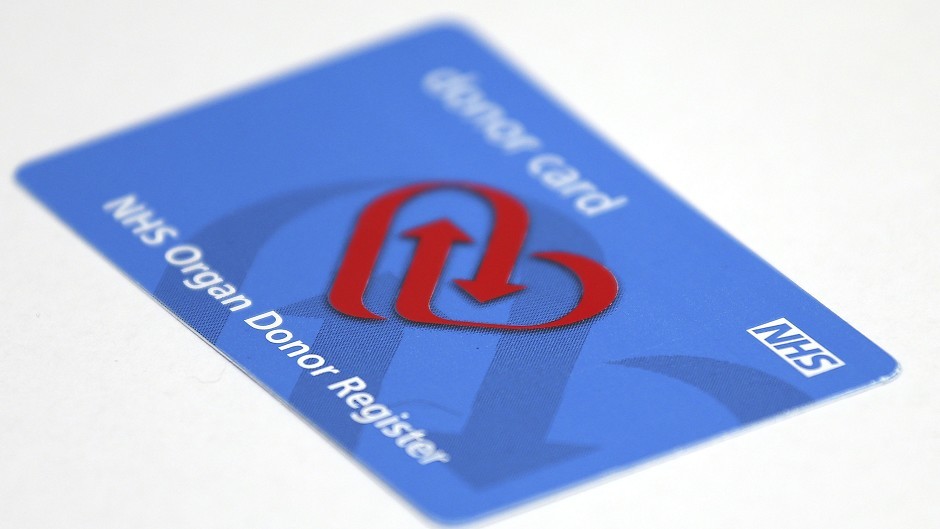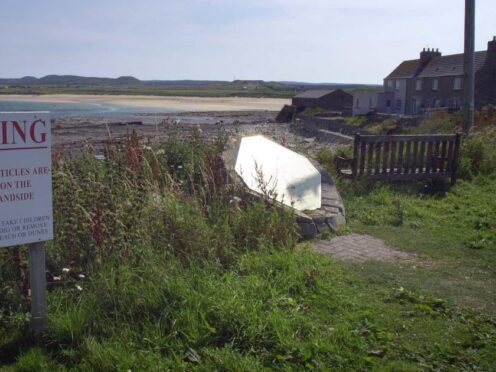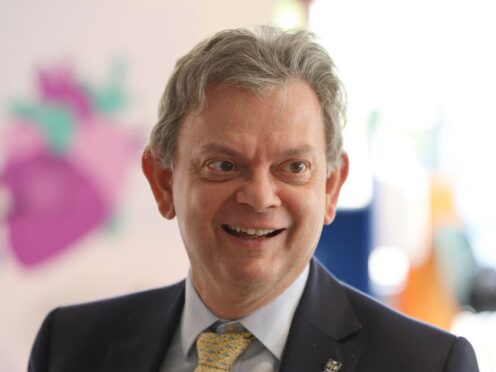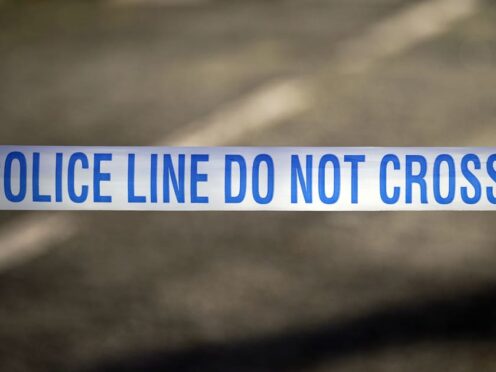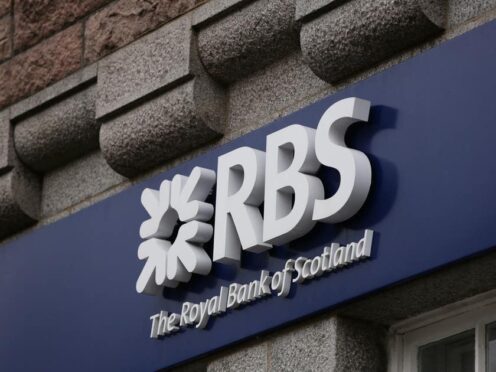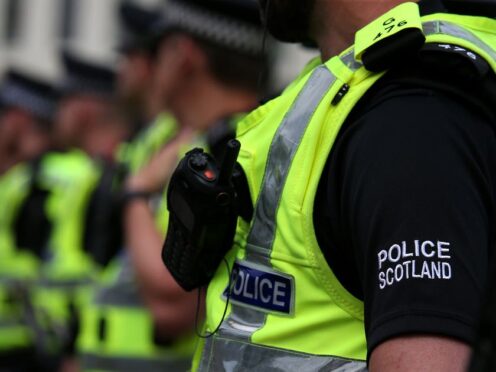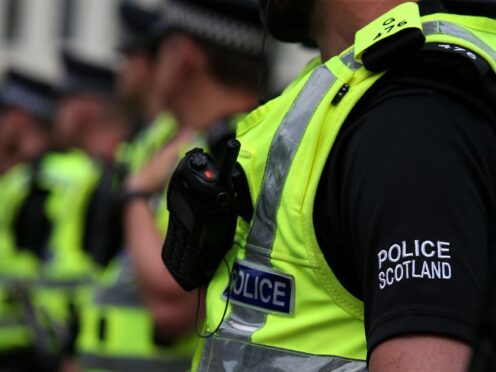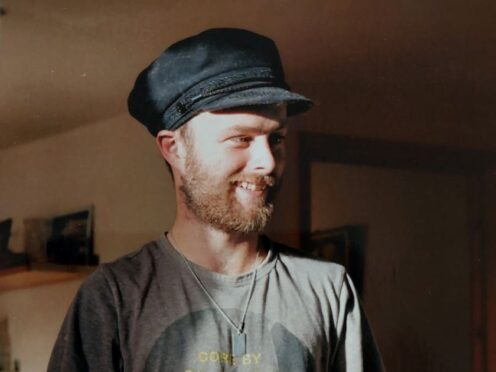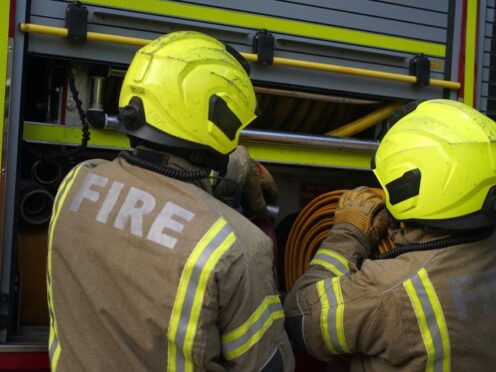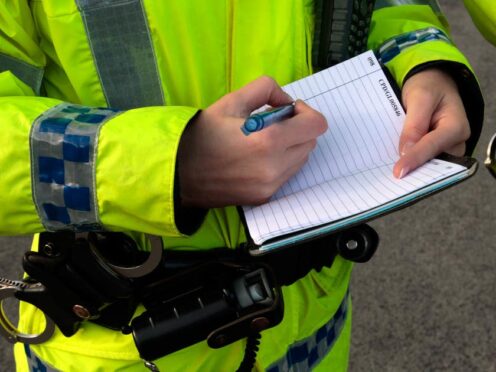Organ donors could have their funeral expenses paid under radical plans to boost transplant rates.
Families of those who agree to donate organs after their death would receive a contribution from the state towards funeral expenses.
The plans have been discussed by senior NHS advisers to encourage more people to join the Organ Donor Register.
With a typical funeral costing thousands of pounds, the proposal to pay ‘reasonable’ costs could be an incentive for many more to sign up.
But critics have warned the move could be seen as unethical by offering “bribes”.
There are currently around 2.3 million Scots on the Organ Donor Register but less than one percent of deaths occur in circumstances in which the person is able to donate their organs.
Usually organs come from people who are certified dead while on a ventilator in an intensive care unit.
Last year in Scotland, 99 people became organ donors after their deaths, resulting in 331 transplants but around 540 people are on the transplant list.
The Scottish Government will soon launch a consultation on organ donation.
Ahead of that, the Government’s Donation and Transplant Group discussed other potential options to increase organ donation rates – including contribution to funeral costs.
Keith Rigg, a kidney transplant surgeon at Nottingham University Hospitals NHS Trust, said the move would be similar to the present policy of paying for the funeral expenses of people who donate their bodies to medical science.
He added: “However this may be seen as compromising the “gift” element of organ donation.”
Sarah Jones, trustee of organ donation charity Life Life Give Life, said: “We consider organ donation as a gift and the idea of potential organ donors getting their funeral costs met as a way of encouraging people to join could very well be viewed as bribing people to become donors as opposed to being altruistic.
“However we have to look at ways of encouraging those to think about becoming organ donors, by education and public awareness.”
